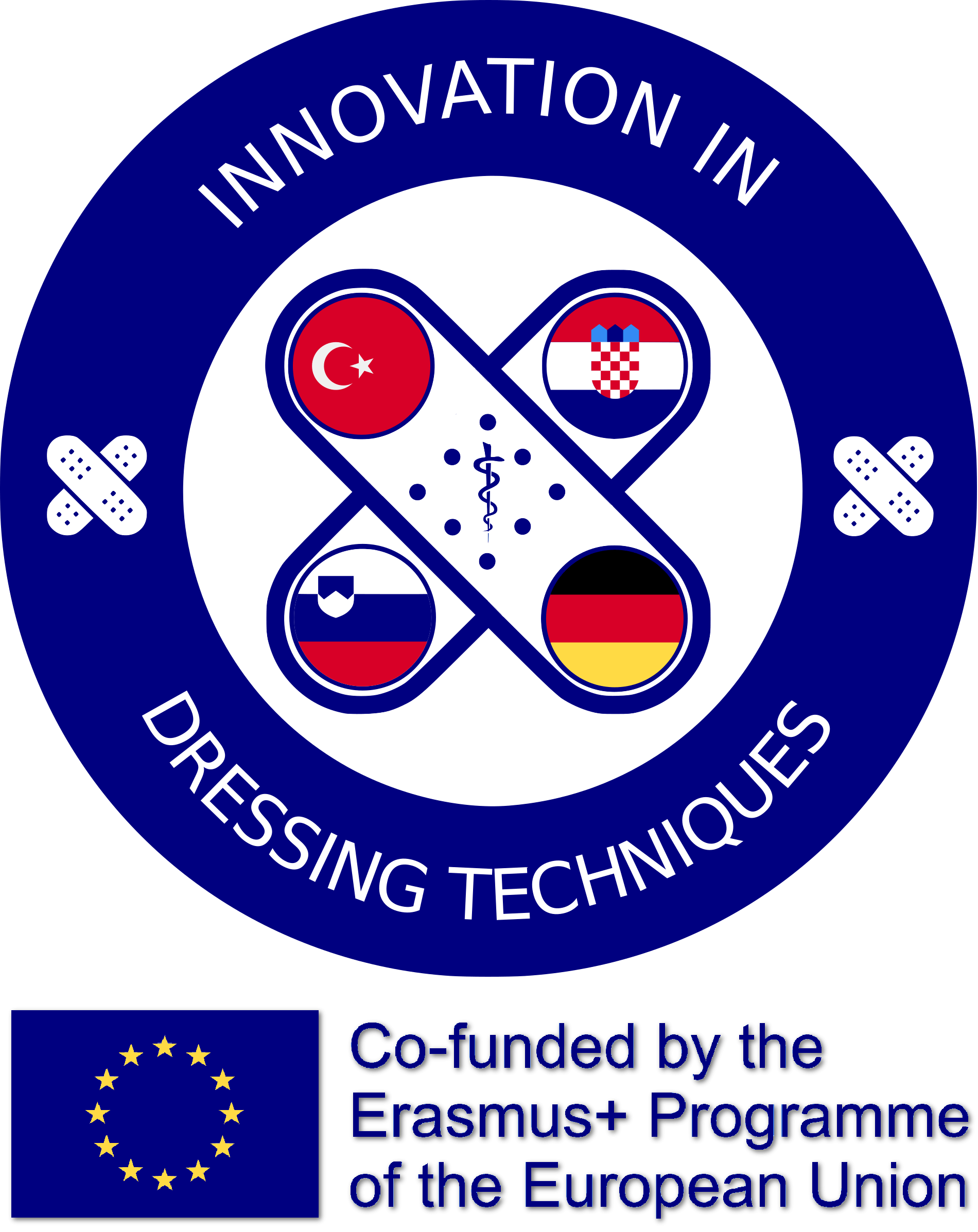-
Pinco – Your Ultimate Guide to Innovative Solutions and Services
-
Exploring Pinco’s Cutting-Edge Technologies
-
Transforming Traditional Practices with Digital Tools
-
Integrating AI for Enhanced Customer Engagement
-
Tailored Services for Diverse Industries
-
Custom Solutions for the Healthcare Sector
In the dynamic landscape of contemporary business, staying ahead requires not only awareness of emerging trends but also a commitment to leveraging transformative practices. The arena of advanced пинко strategies encompasses a plethora of opportunities tailored to elevate operational efficiency and enhance client satisfaction. This examination delves into practical implementations that empower organizations to achieve tangible results.
One key aspect involves the integration of smart technologies and tailored applications that drive productivity and foster seamless communication. By adopting these advancements, enterprises can streamline processes, reduce overhead costs, and enable stakeholders to engage more effectively. This shift necessitates a focus on data analytics and real-time feedback, creating an agile environment where informed decisions lead to favorable outcomes.
Furthermore, collaboration plays an essential role in advancing organizational success. Engaging with partners across various industries can cultivate an ecosystem that encourages knowledge sharing and resource optimization. Participating in interdisciplinary networks allows companies to draw insights from diverse fields, resulting in more refined approaches and groundbreaking ideas.
As the demand for personalized experiences continues to rise, businesses must prioritize customer-centric approaches. Establishing strong relationships built on trust and transparency will not only enhance brand loyalty but also instill confidence in the overall value proposition. Adopting proactive measures, such as soliciting feedback and adapting offerings based on consumer preferences, is crucial in this pursuit.
Exploring Pinco’s Cutting-Edge Technologies
The landscape of modern technology is rapidly evolving, and innovative advancements are reshaping industries. At the forefront of this transformation are tools developed by Pinco, specifically designed to enhance efficiency and streamline operations.
One notable offering is the advanced analytics platform, which utilizes machine learning algorithms to process vast amounts of data. This enables organizations to uncover actionable insights, fostering data-driven decision-making. By integrating predictive analytics, businesses can anticipate market trends, optimize resource allocation, and significantly improve their forecasting accuracy.
Another key aspect is the implementation of cloud-based systems. These solutions provide flexibility and scalability, allowing users to adjust resources seamlessly according to their needs. The robust security measures employed ensure data integrity while facilitating easy access from remote locations, making it ideal for today’s distributed work environments.
Automation tools play a crucial role as well, reducing the workload on employees and minimizing human error. By automating routine tasks, organizations can reallocate their workforce to more strategic initiatives, enhancing overall productivity. This not only improves operational efficiency but also boosts employee morale, as teams focus on more engaging work.
Moreover, the incorporation of IoT (Internet of Things) technology enhances connectivity between devices, fostering a smarter operational ecosystem. This interconnectedness allows for real-time monitoring and control, providing and improving asset management across various sectors, from manufacturing to logistics.
To ensure continual improvement, customer feedback loops are integral to ongoing product development. By actively engaging users, Pinco refines its offerings based on real-world performance, keeping pace with the evolving demands of the marketplace.
In conclusion, embracing these advanced technologies can empower organizations to redefine their operational capabilities. Adopting such innovative tools is not merely beneficial but essential for remaining competitive in today’s fast-paced environment.
Transforming Traditional Practices with Digital Tools
The integration of digital instruments into conventional methodologies has revolutionized numerous industries. In sectors such as education and healthcare, technology facilitates real-time data sharing and enhances communication, resulting in improved decision-making processes. For instance, employing cloud-based platforms allows educators to access and disseminate resources effortlessly, fostering collaboration among students and teachers alike.
In the healthcare arena, electronic health records (EHR) streamline patient information management. Rather than relying on paper documents, medical professionals can quickly retrieve patient histories, leading to more accurate diagnoses and expedited treatment plans. The shift from analog to digital not only strengthens accuracy but significantly reduces operational inefficiencies.
Retail businesses are experiencing a similar transformation through the adoption of e-commerce platforms. These online frameworks offer detailed analytics on consumer behavior, enabling retailers to tailor their marketing strategies effectively. For example, integrating customer relationship management (CRM) systems with social media channels provides valuable insights into consumer preferences, allowing for personalized marketing initiatives.
Manufacturing sectors are embracing the Internet of Things (IoT) to enhance production processes. By utilizing connected devices, factories can monitor equipment performance in real time, reducing downtime and maintenance costs. Predictive analytics, powered by AI, offer insights to preemptively address machine failures, thereby optimizing operational effectiveness.
To fully leverage these advancements, organizations must ensure their workforce undergoes appropriate training. Investing in upskilling employees not only improves engagement but also enhances overall productivity. Implementing user-friendly digital tools alongside systematic training programs can lead to significant upgrades in job performance and satisfaction.
A successful transition to a digital-first approach entails evaluating existing workflows to identify areas ripe for improvement. Organizations should assess potential technological solutions that align with their strategic objectives. Regularly revisiting these strategies fosters adaptability in a rapidly evolving digital landscape.
Integrating AI for Enhanced Customer Engagement
Artificial intelligence significantly alters the landscape of customer interaction by providing tailored experiences based on data-driven insights. To effectively harness the potential of AI, consider the following strategies:
-
Personalized Recommendations:
Utilize machine learning algorithms to analyze customer behavior and purchasing patterns. This data can be leveraged to suggest products or services that will likely appeal to individual users, enhancing satisfaction and increasing conversion rates.
-
24/7 Customer Support:
Deploy AI-powered chatbots capable of addressing inquiries around the clock. These systems can handle multiple queries simultaneously, ensuring timely responses and freeing up human agents for more complex issues.
-
Sentiment Analysis:
Implement natural language processing tools to gauge customer opinions from surveys, reviews, and social media. Understanding sentiment allows businesses to adapt strategies proactively and improve overall customer experience.
-
Behavioral Insights:
Analyze user interactions with digital platforms to identify trends and pain points. By understanding how customers engage, organizations can optimize user interfaces, improve navigation, and eliminate roadblocks.
-
Predictive Analytics:
Utilize AI to forecast customer needs and preferences based on historical data. This foresight helps in inventory management and tailoring marketing strategies, allowing for more efficient resource allocation.
For effective implementation, consider the following tools:
- CRM Systems: Integrate AI functionalities into customer relationship management systems to automate routine tasks.
- Data Analytics Software: Employ platforms that offer advanced analytics features to capitalize on customer data.
- Communication Platforms: Use AI-enabled tools for personalized email marketing and campaign management.
Monitoring performance through key performance indicators (KPIs) is crucial. Track metrics such as:
- Engagement rates
- Customer satisfaction scores
- Response times
- Conversion rates
Evaluating these metrics ensures that AI applications align with customer expectations and enhances long-term loyalty. Engaging customers through intelligent systems not only boosts retention but also positions organizations as leaders in evolving markets.
Tailored Services for Diverse Industries
Understanding the unique demands of various sectors is essential for delivering effective assistance. Our approach is designed to cater to specific needs across multiple fields, ensuring maximum efficiency and productivity.
Healthcare: The medical industry requires customized support in areas such as patient management systems and data security. Implementing electronic health records (EHR) not only improves patient care but also streamlines administrative tasks. Solutions like telemedicine platforms have seen tremendous growth, reflecting the need for remote consultations and follow-ups.
Retail: With the rise of e-commerce, tailored customer engagement strategies are crucial. Utilizing advanced analytics can help retailers understand purchasing behaviors, enabling personalized marketing campaigns. Additionally, inventory management systems tuned to the particularities of a business can minimize waste and optimize stock levels.
Manufacturing: In this sector, process optimization is key. Employing automation technologies and predictive maintenance strategies can greatly enhance operational efficiency. Custom solutions that integrate real-time data analytics facilitate smoother workflows and reduce downtime.
Education: Educational institutions benefit from adaptable learning management systems (LMS) designed to meet diverse learning styles. Investment in interactive tools promotes engagement, while data-driven insights help track student progress and outcomes, allowing for tailored educational experiences.
Finance: In a rapidly evolving financial landscape, bespoke risk management frameworks are vital. Institutions must adopt technologies such as blockchain for enhanced security and transparency. Tailor-made compliance solutions help businesses navigate complex regulations effortlessly.
Each of these sectors requires a nuanced approach, reflecting the varying challenges faced. Developing strategies that focus on industry-specific needs allows for superior outcomes, addressing both current demands and future trends. Leveraging expertise across diverse fields ensures a comprehensive understanding of how to drive success through targeted efforts.
Custom Solutions for the Healthcare Sector
The healthcare sector demands tailored approaches to meet diverse needs. Customization enhances patient care and streamlines operations. It is essential to identify specific challenges and create strategic responses for optimal outcomes.
Integration between platforms is crucial. When electronic health records (EHR) systems work seamlessly with other digital tools, the efficiency of data management increases significantly. For example:
| Interoperability | Enhanced data sharing across different healthcare providers |
| API Connections | Real-time access to patient information |
| Cloud Services | Scalable storage and remote access |
Tailor-made applications can also address specific operational needs. Developing mobile apps for patient engagement can significantly improve appointment attendance, medication adherence, and overall satisfaction. Consider functionalities such as:
- Appointment reminders via push notifications
- Medication tracking tools
- Telehealth capabilities for remote consultations
Data analytics systems are indispensable for improving decision-making. Custom analytics platforms provide insights into patient trends, resource allocation, and operational efficiencies. Implementing these tools involves:
- Defining key performance indicators (KPIs)
- Gathering relevant data from multiple sources
- Utilizing machine learning algorithms for predictive analytics
Cybersecurity is paramount. Tailored cybersecurity frameworks should be established, ensuring patient data integrity and compliance with regulations such as HIPAA. Consider the following security measures:
- Regular security audits and vulnerability assessments
- Role-based access controls to limit unauthorized data access
- Employee training on data protection protocols
In conclusion, personalized approaches in the healthcare arena can lead to enhanced patient results and improved operational efficiency. Embracing specialized tools and strategies is key to addressing the specific demands of this evolving sector.

